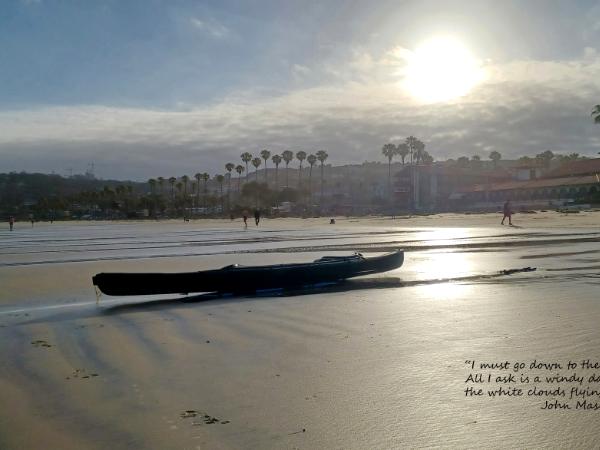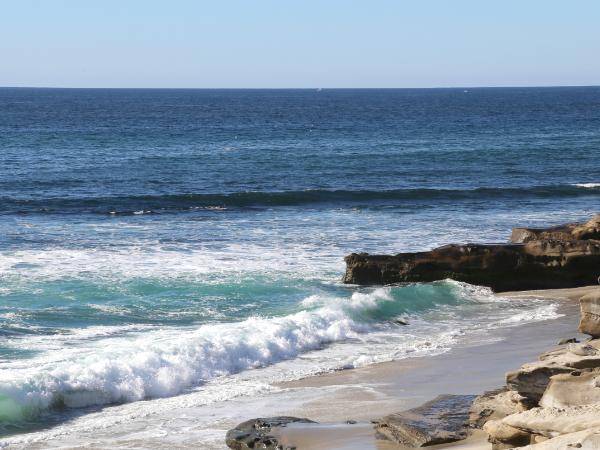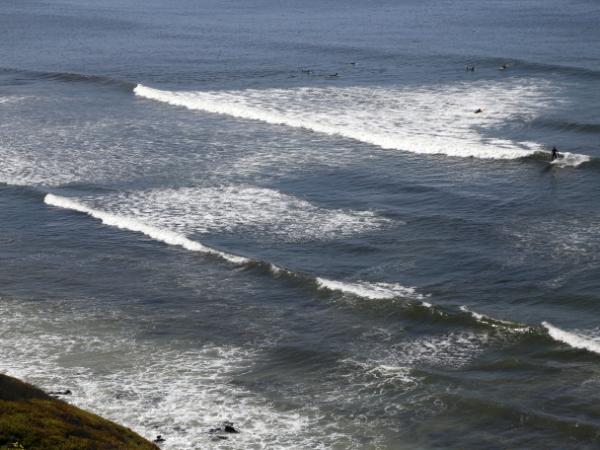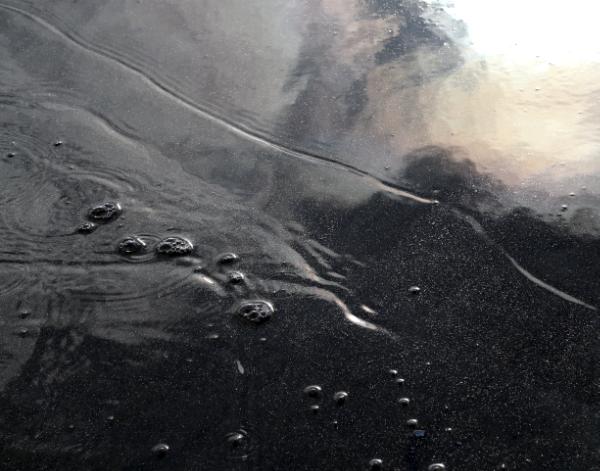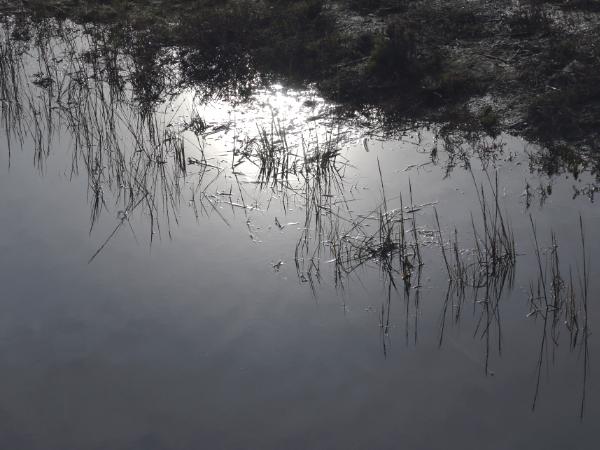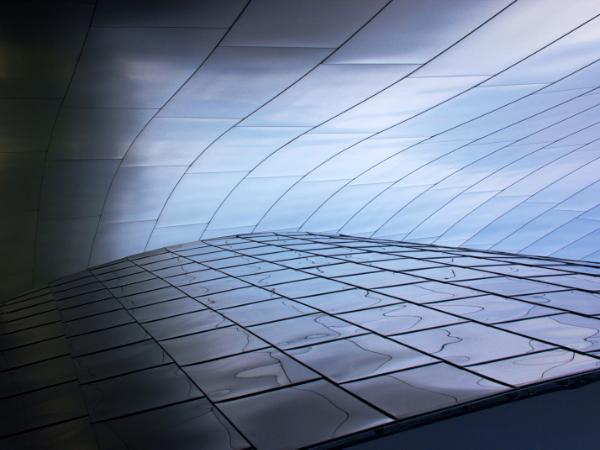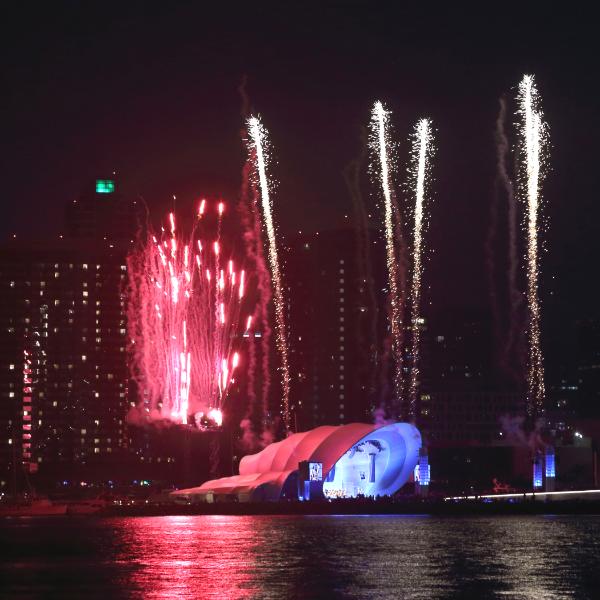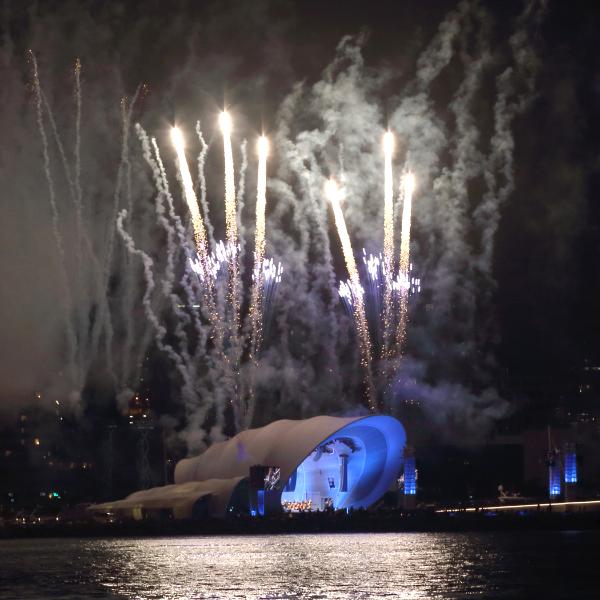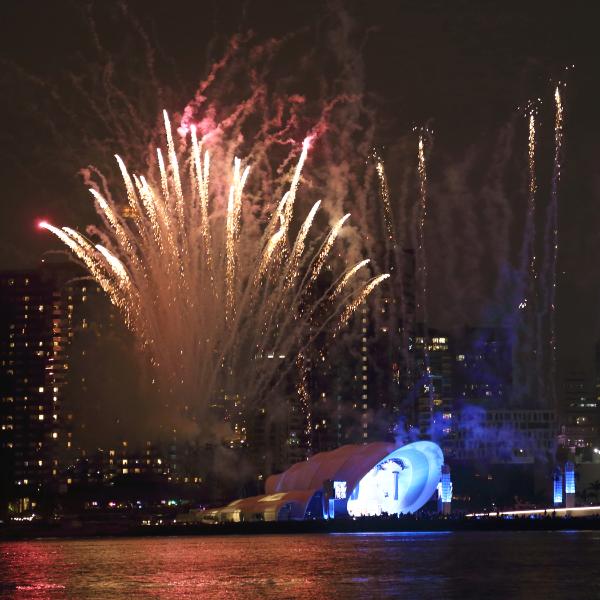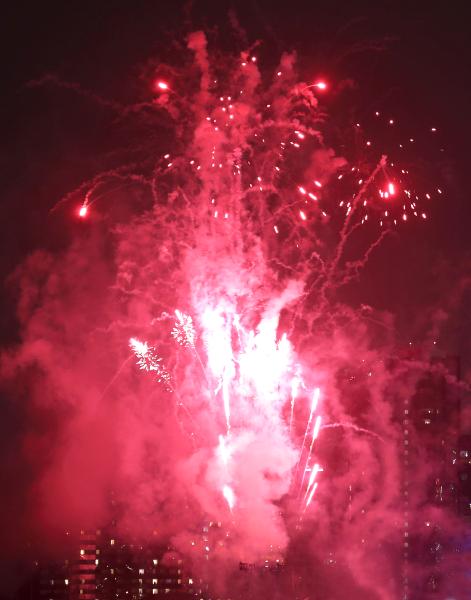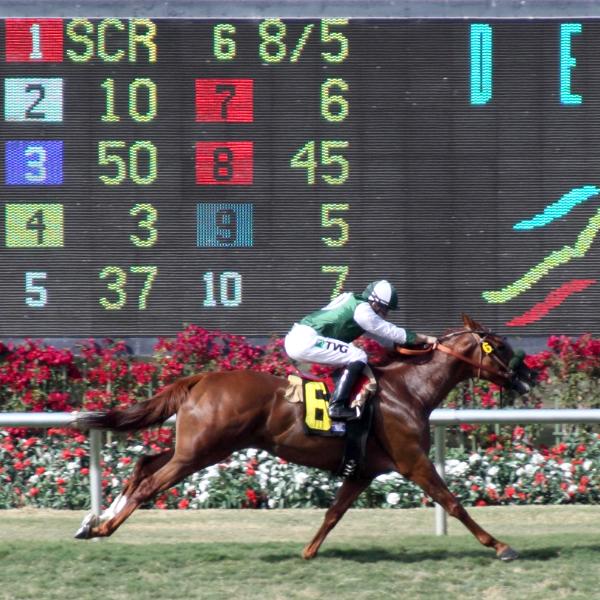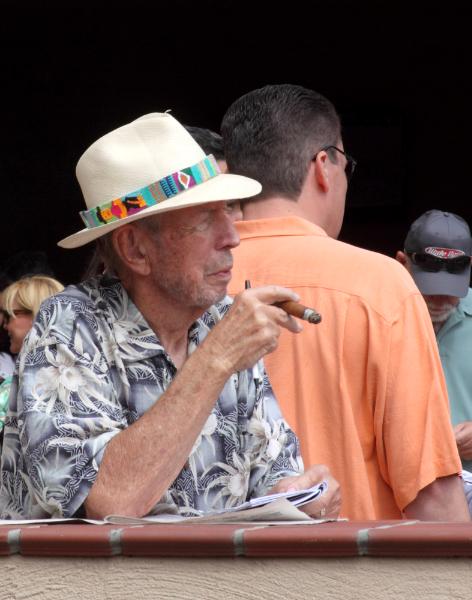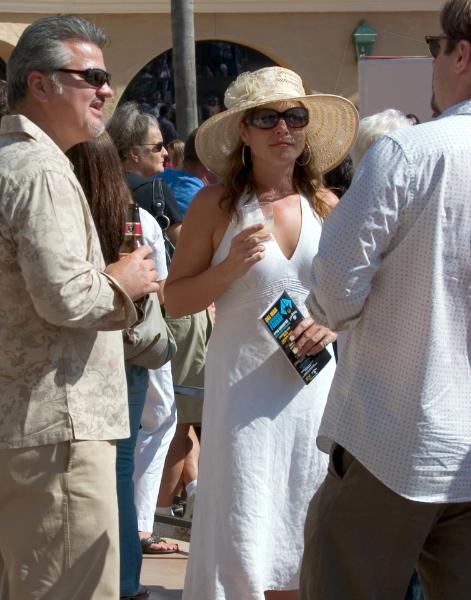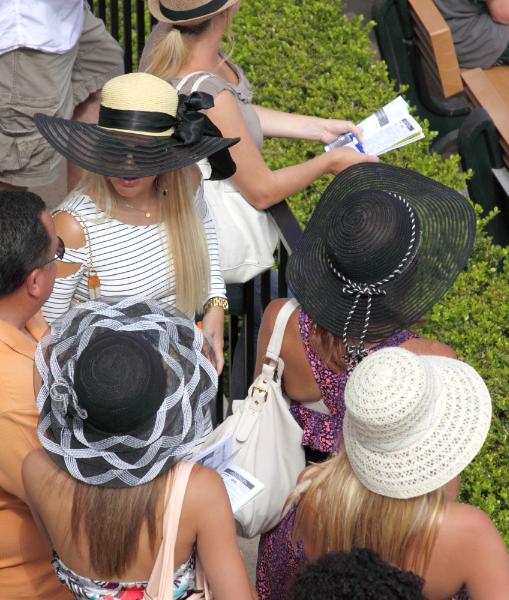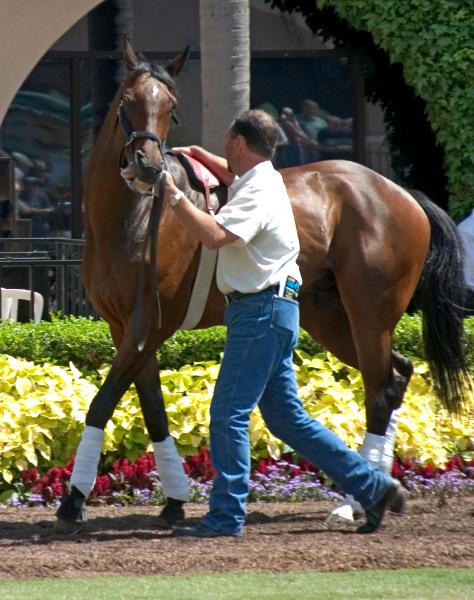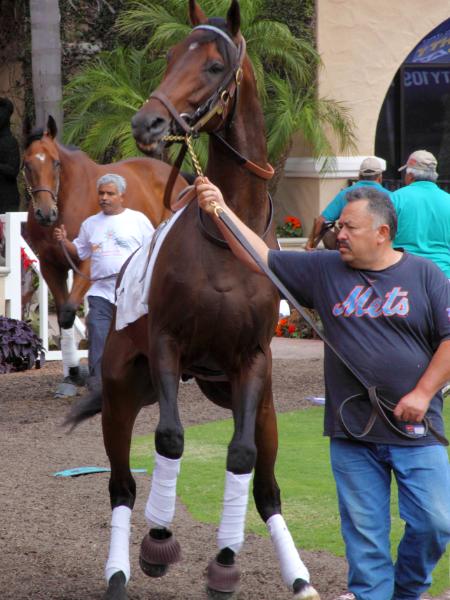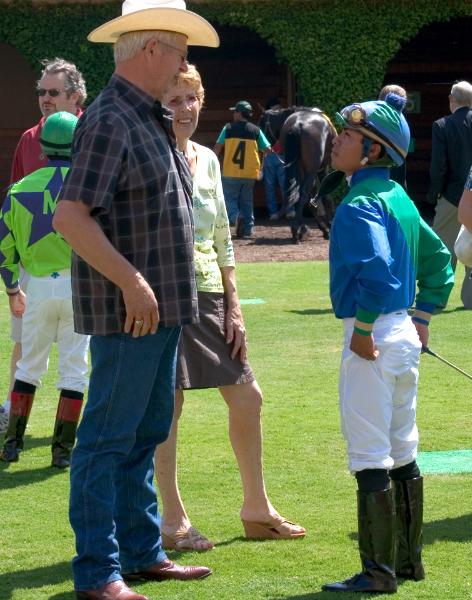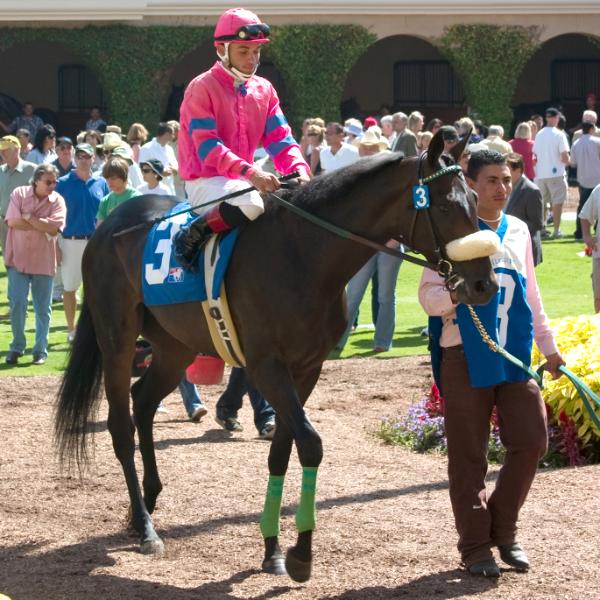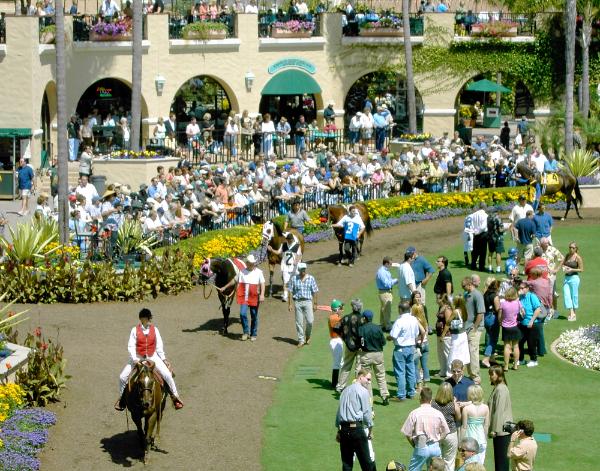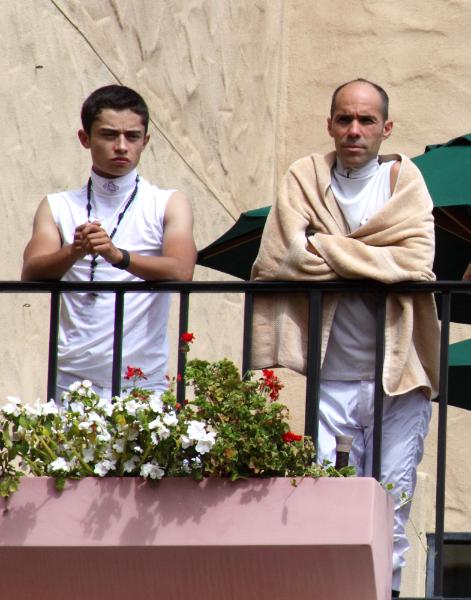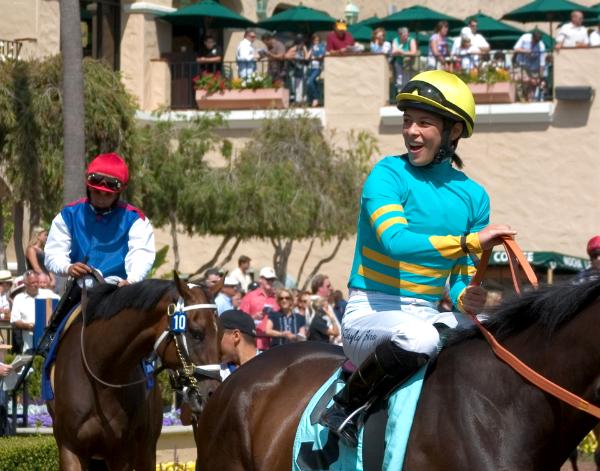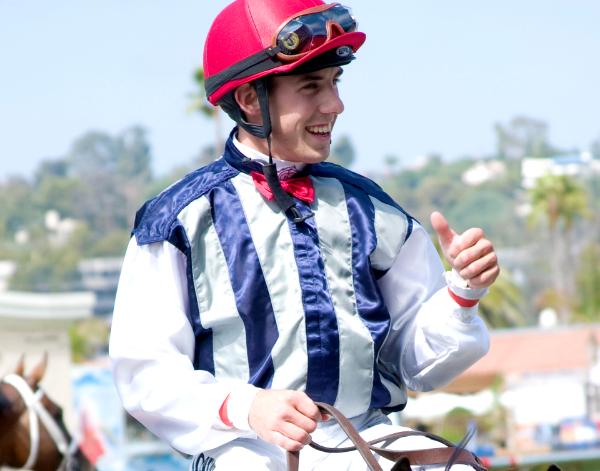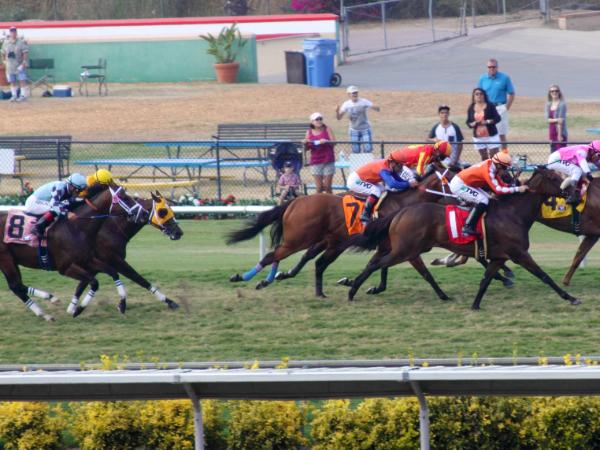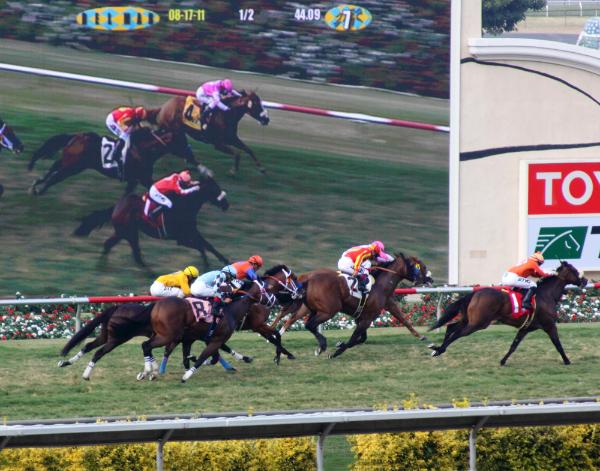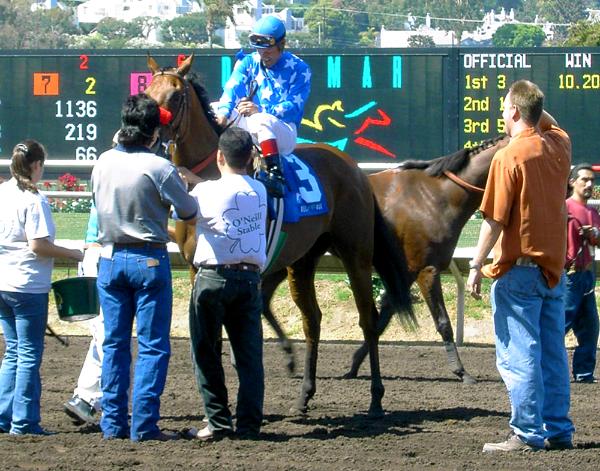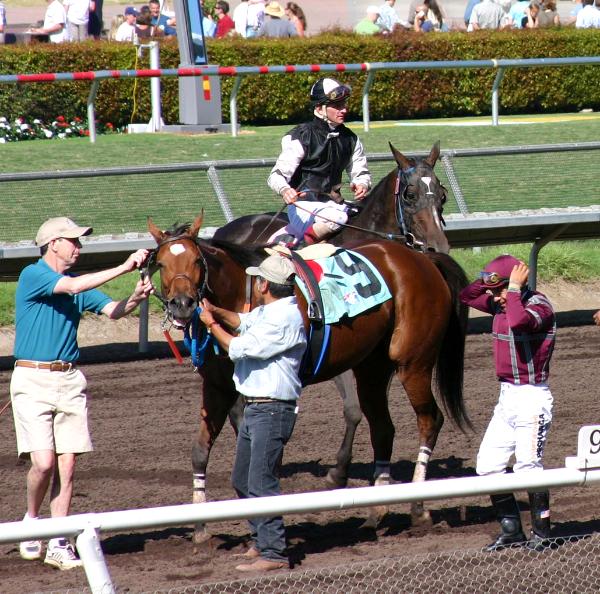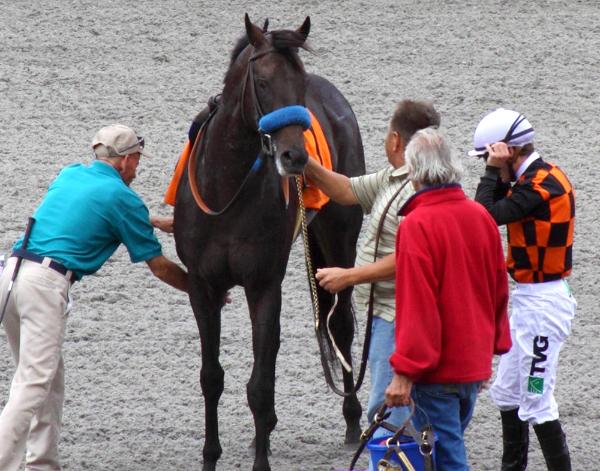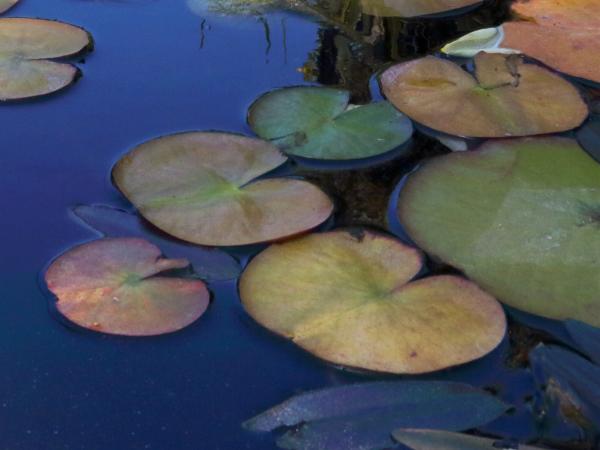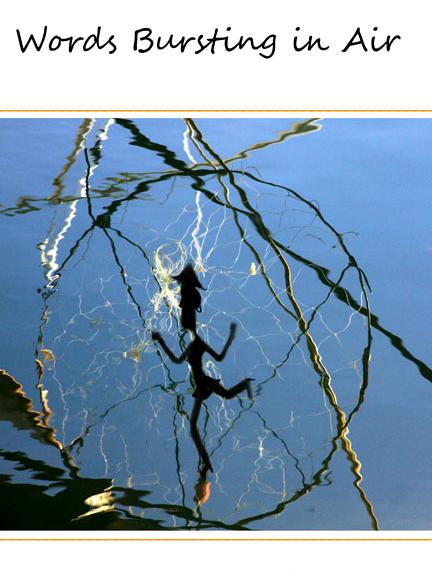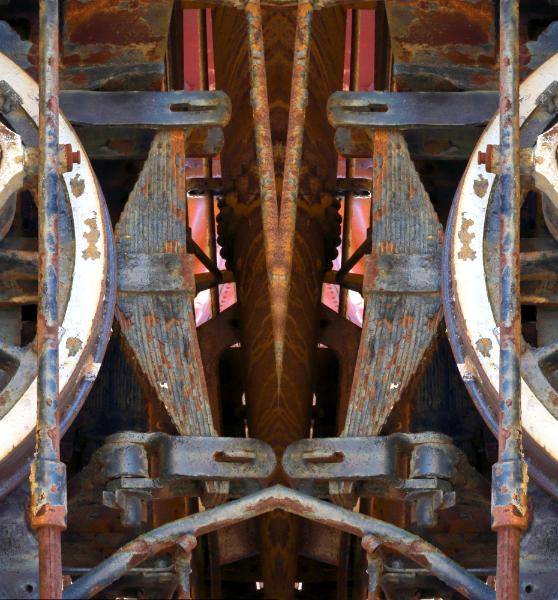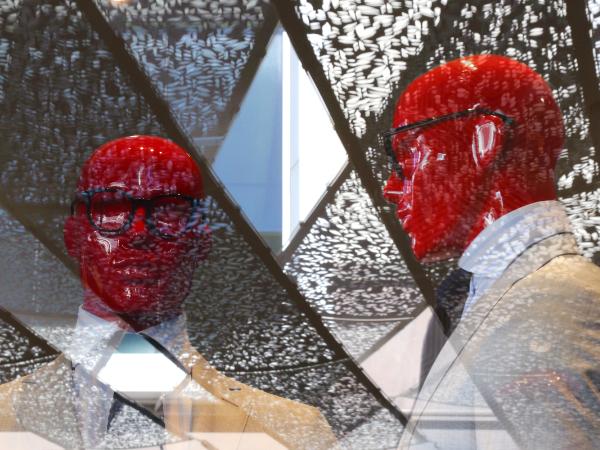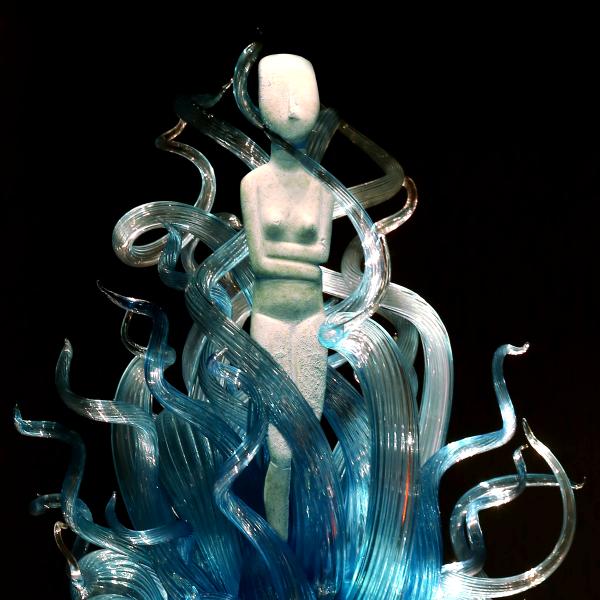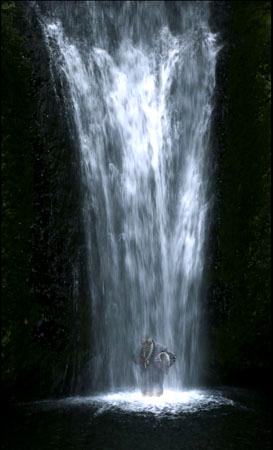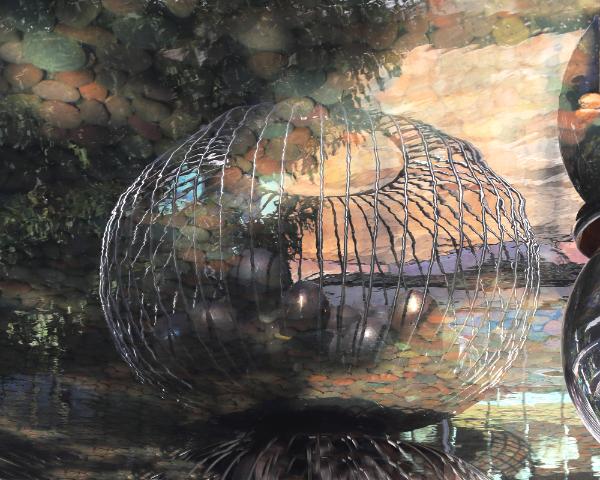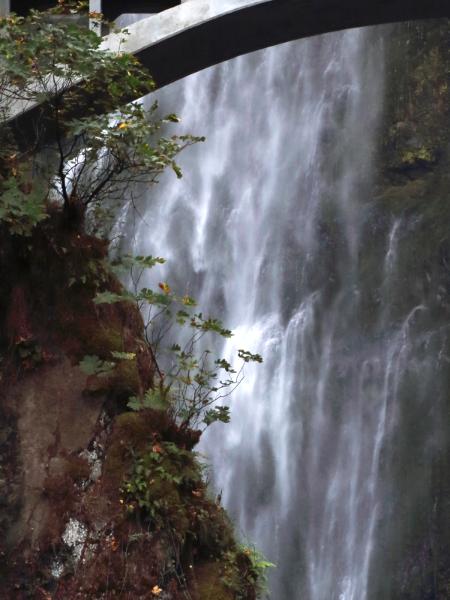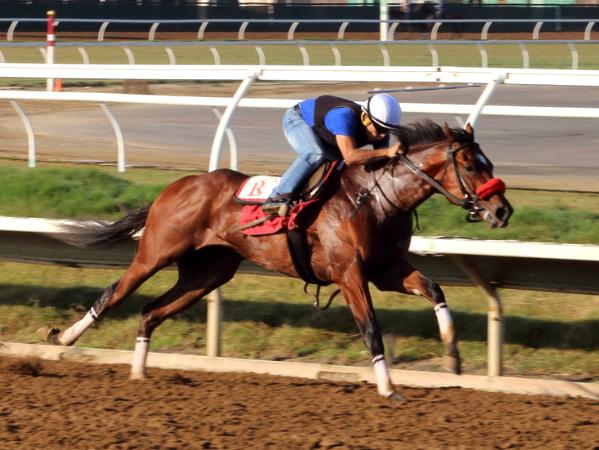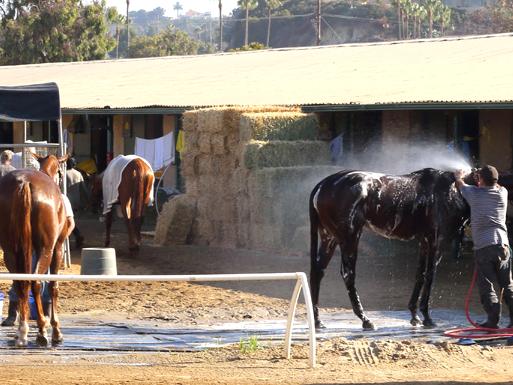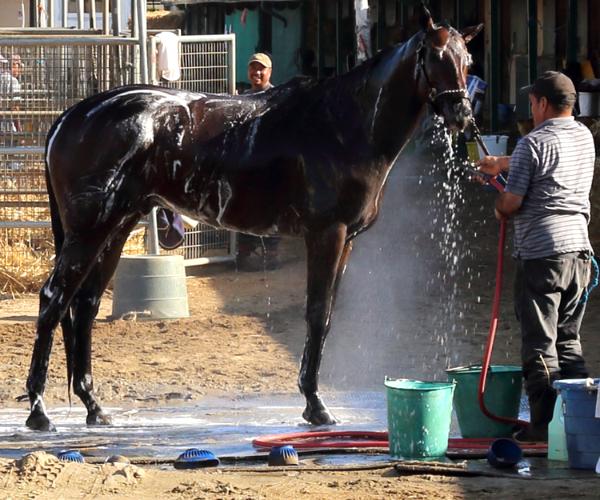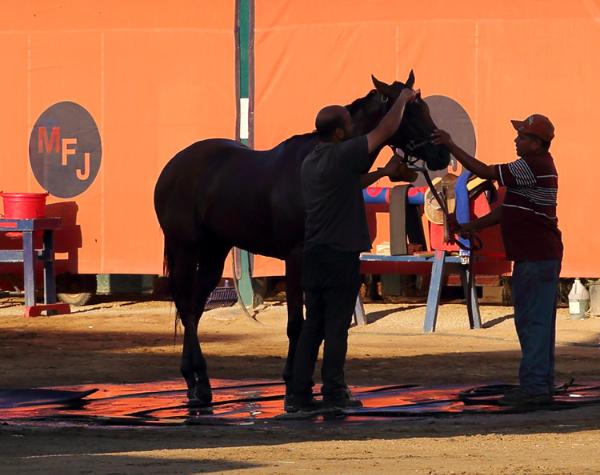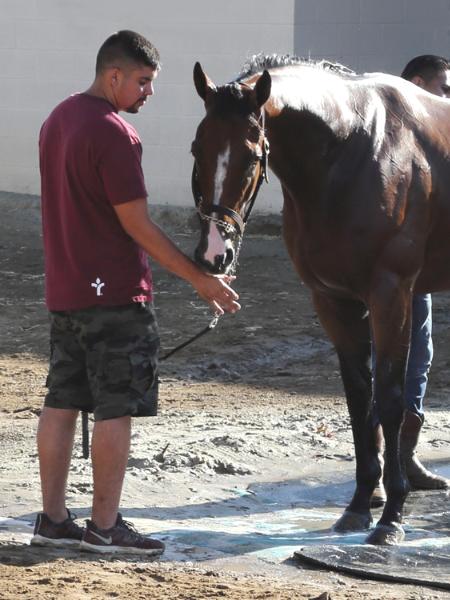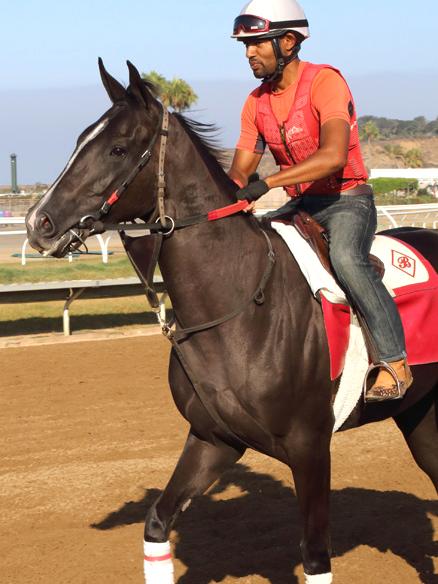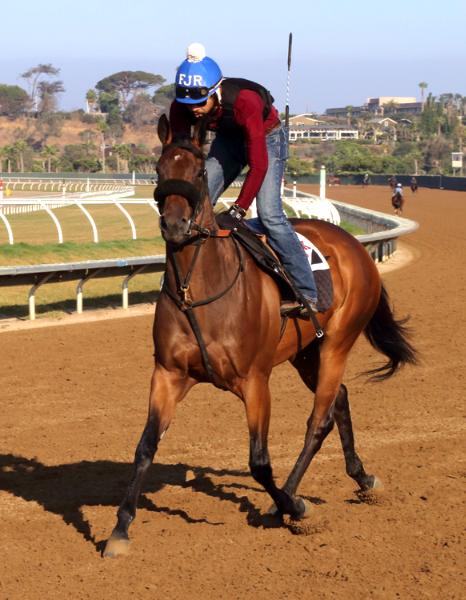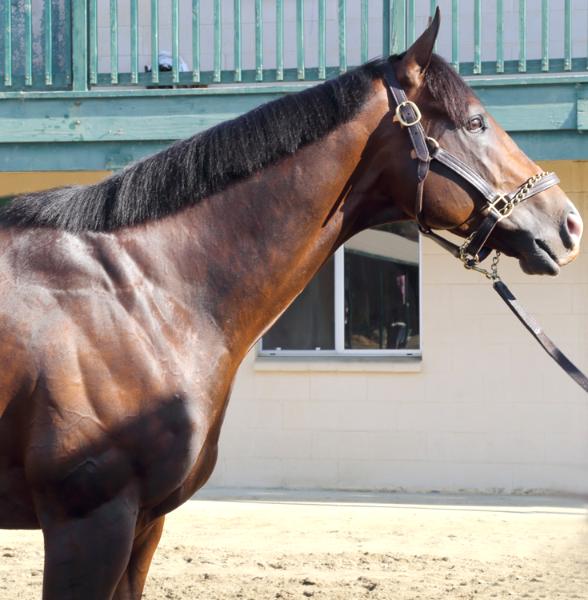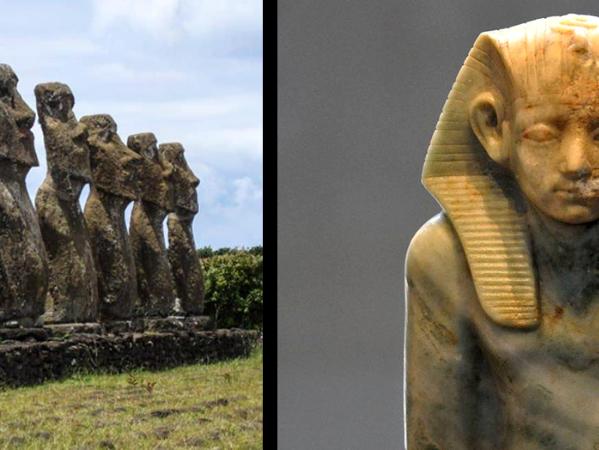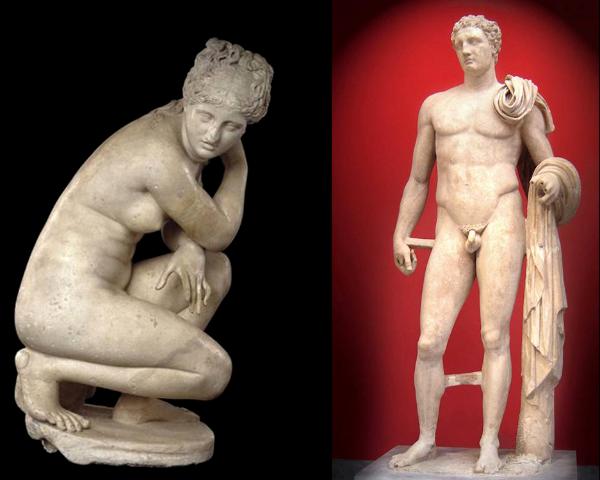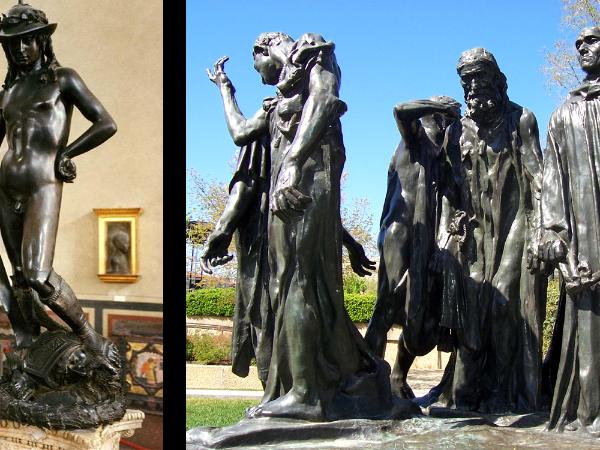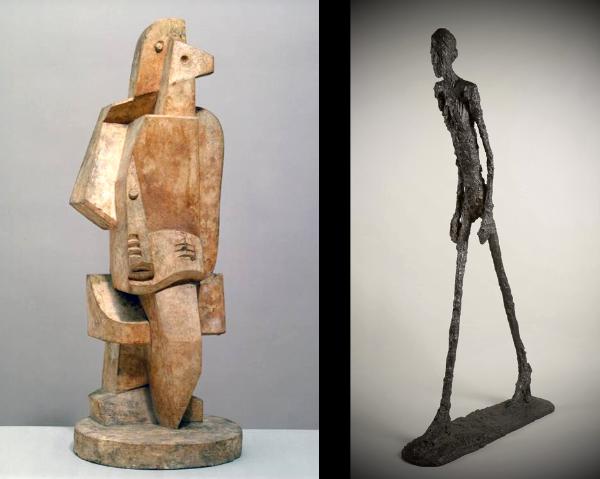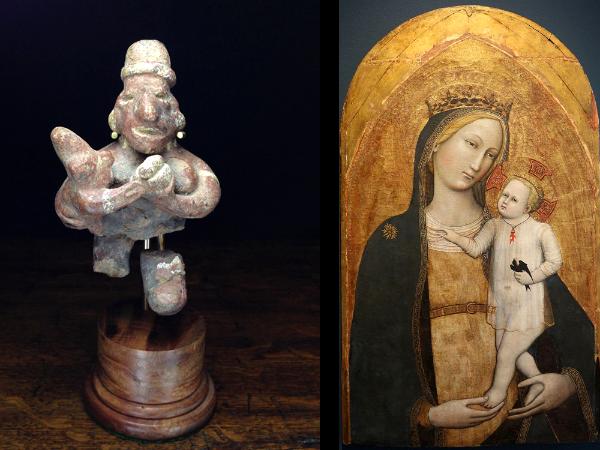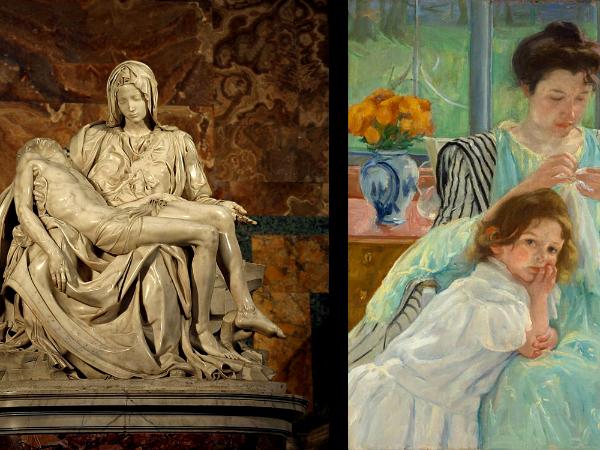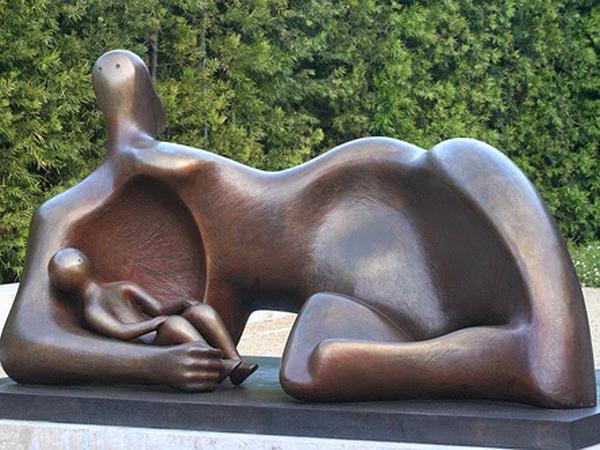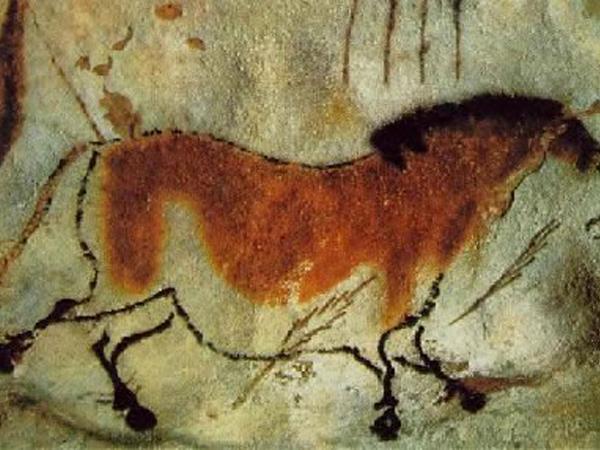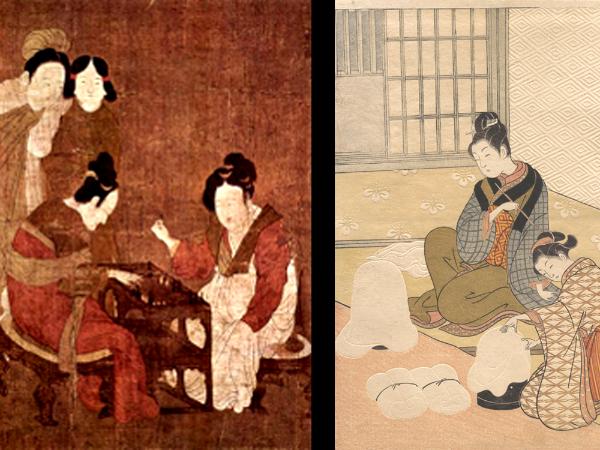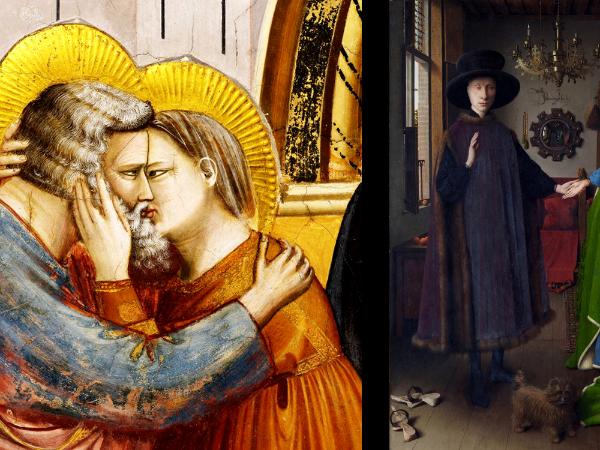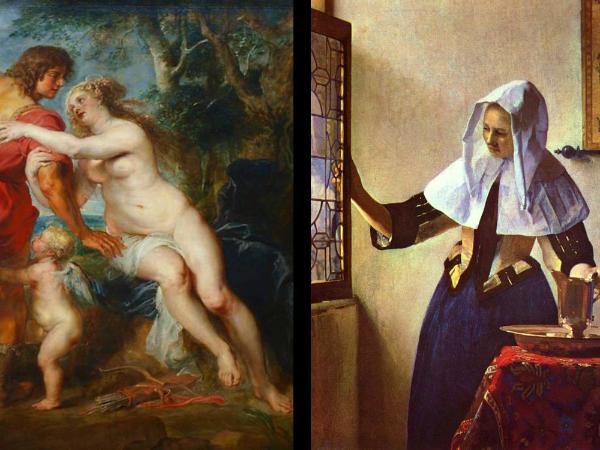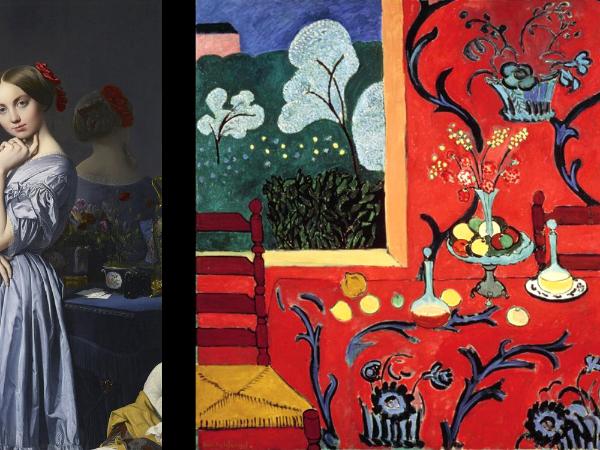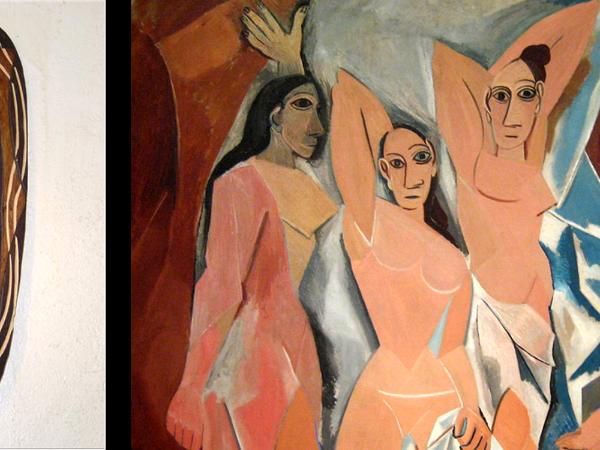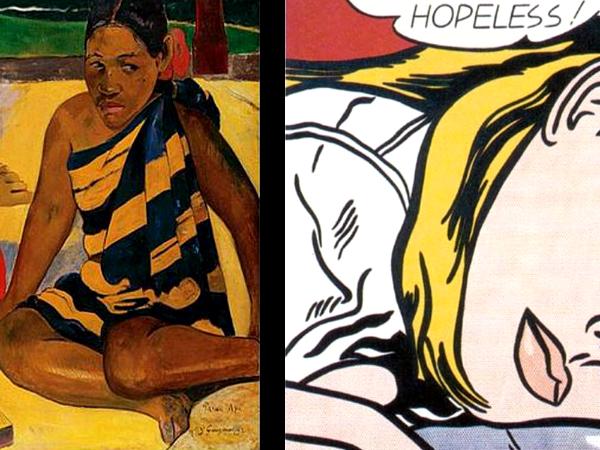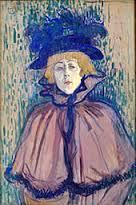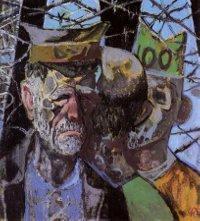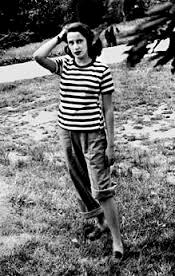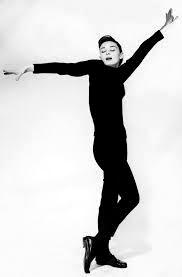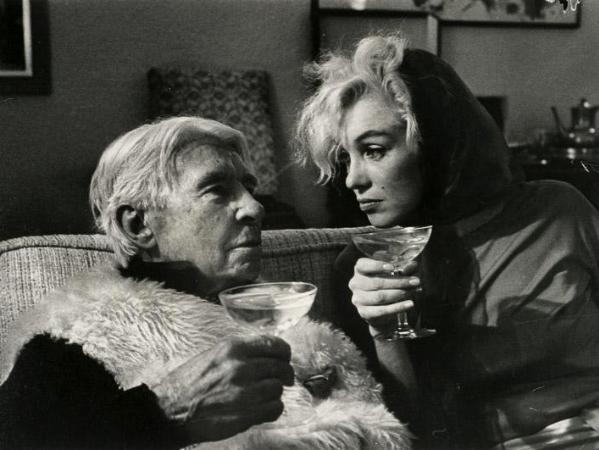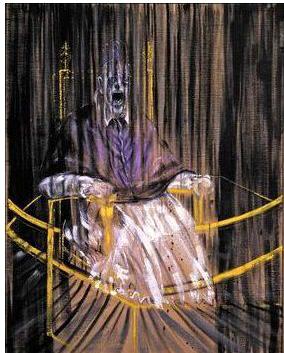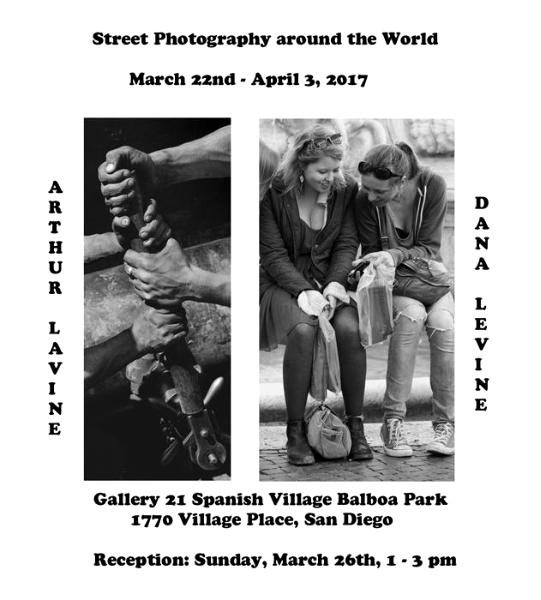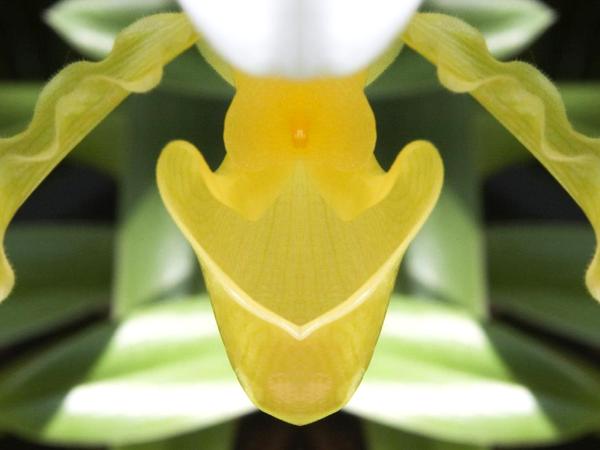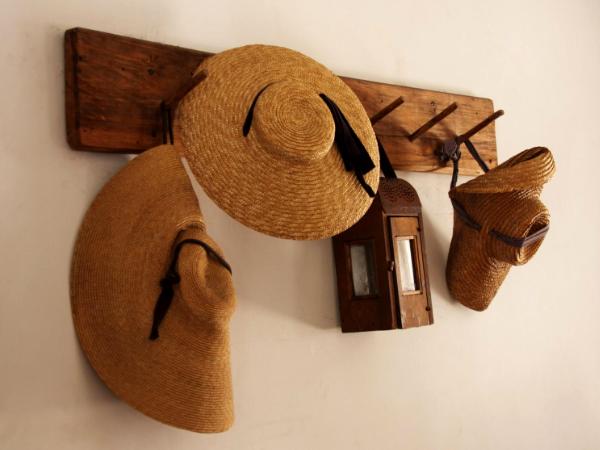| 4/5/25The subject of my blog is water. I often take walks along the beach in San Diego. There is always something new and beautiful to see. I come back home refreshed by the ocean air and the action of the waves.
“The Fog
is Lifting” is a scene I often see early in the morning when only kayakers and surfers are out amongst the waves in La Jolla Shores. “La Jolla Cove” was photographed along the
rocky shoreline during the height of the day.
The ocean is a Prussian blue. You
can just about make out two fishing boats and several seagulls in the water. “Surfing at Swamis” was taken looking down at
the water from the garden at the Self Realization Fellowship in Encinitas. Swami’s beach and the religious temple setting
- two wonderful places to be in southern California. “The Crystal Pier on a Stormy Day” was
photographed looking southward. Huge
clouds gather over the pier as the sun tries to break through. “Reflection of Sky and Ocean,” a scene of very
wet sand on a sunny day at the beach in La Jolla Shores creates an abstract of
the experience I have every time I take a walk next to the ocean.
“Land
and Ocean Meet” is an image of the saltwater estuary at San Elijo Lagoon. It reminds me that life began in water eons ago, and now is protected by the sea grasses of the wetlands. |
Be the first to post a comment.
|
| 8/9/24 It seems to me that every day becomes more frenetic. In response, I have been creating artwork that brings a sense of calm. I recently completed this abstract digital photograph of the Disney Concert Hall in Los Angeles. I altered the color of the metal wrapping the building from a cool gray to a cool blue and titled it, Listen to the Music. Pair it with one of Chopin's Nocturnes played by pianist Arthur Rubinstein (https://www.youtube.com/watch?v=wuL7UC2glJM) and you will gain a peaceful feeling of quiet contemplation |
Be the first to post a comment.
|
9/17/23Now
that concerns about Covid are fading from my mind, I have been venturing out with
my camera. One trip was a night shoot to
photograph a fireworks display. Every
year, during the Labor Day weekend, the San Diego Symphony performs Tchaikovosky’s
1812 Overture. If you want to hear Tchaikovosky's concert again, here is a link.
The performance ends with a fireworks display set off over San Diego Bay. I photographed the event in Coronado, capturing the new outdoor
music venue and surrounding downtown buildings, the light show, and reflections
in the water.
Here
are a few of the images I captured, standing 3/4 mile away from the venue.
If you would like to purchase a print on paper or metal, please contact me. My email is danalevineart@gmail.com
Fireworks over San Diego Bay 1
Fireworks over San Diego Bay 2
Fireworks over San Diego Bay 3
Fireworks over San Diego Bay 4
Fireworks over San Diego Bay 5 |
Be the first to post a comment.
|
4/13/23
Racegoers: from onlookers to mavens to kibbitzers to bettors to women in hats |
Be the first to post a comment.
|
5/20/22The writer, Henry Miller once said, "The
moment one gives close attention to anything, even a blade of grass, it becomes
a mysterious, awesome, indescribably magnificent world in itself." I
have been photographing things that I see during beach walks. If you look closely at the crumbling,
sandstone cliffs backing up to the beach, you can find small marine critters
and little rocks wedged into crevices.
I've given a few photographs names that make me think, not of rocks, but
of that Henry Miller quote. They evoke
quietude and contemplation. Here are two
examples. 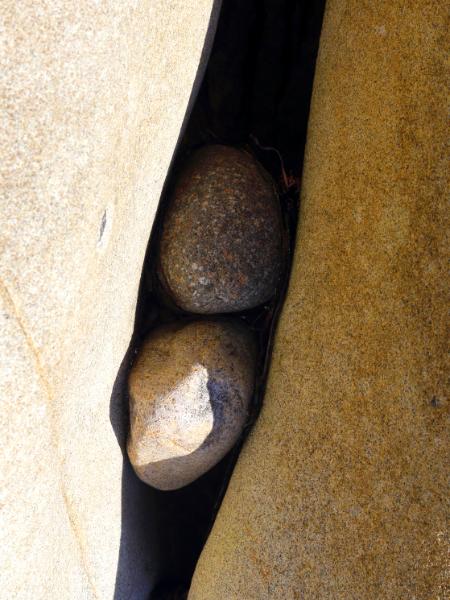 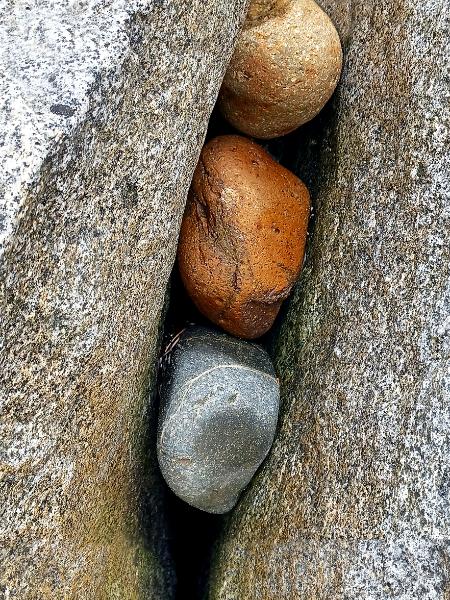 On a recent trip to Mission San Juan Capistrano - built in the late 1700's by indigenous Native Americans converted to
Catholicism by Spanish missionaries and restored many times over the centuries - you are reminded of the layers of history and the passage of time embedded
there. The textures of the brick and
stucco walls of the mission buildings, the riotous color of the flowers in the
garden and the deep blue of the lily ponds are incredibly beautiful . Here are two examples Visit my upcoming exhibitions at the La Jolla Art
Association (June and July), Gallery 21 in Spanish
Village (July) and Mission
Trails Regional Park
(September and October).
La Jolla Art Association:
6811 La Jolla Blvd.,
La Jolla, from June 4 though July. Monday - Friday 9
-5 pm. 858-459-0831. Reception on June 4th from 4 - 6 pm
Gallery 21, Spanish
Village, Balboa
Park, 1770
Village Place, San Diego. July 5 - July 18, Monday - Sunday 11- 4 pm. Reception on July 9 from 1 - 4 pm |
Be the first to post a comment.
|
6/8/20I recently did the cover of a
book of poetry for a friend. Words
Bursting in Air, by Janice Alper, is filled with wonderful poems.* The cover image titled, Woman in a Net,
made me realize that for the past several months I have been experiencing
feelings of anxiety. Woman in a Net
* For more information and to purchase her book, contact Janice Alper, by email: janicealper@gmail.com.
Since March, I, like many
others, have been at home almost all the time.
In the last month or two, I have been looking through my past
photographs to select and work on those that I think might become works of
art. Almost all of them have something
in common with Woman in a Net; that is, they feature images of someone confined
or trapped.
Man in a V Red Heads
A further search through my
images showed more works that I created within the last few years containing
figures entangled in their surroundings.
A psychologist might tell me that creating art provides a way for me to
express my uneasiness. Entangled Figure in the Mist VI
Once I came to this
realization, I did an about face and looked for images that instill the
opposite effect. In my collection of photographs
of sky, water, and reflections I found calmness and serenity. For the last few weeks, I am now creating new
photographic images that convey a sense of beauty and peace.
Serenity Multnomah Falls
Whether you are dealing with high
anxiety or seeking serenity, you can discover both in visual art.
Please visit my website to
see more of my images |
Be the first to post a comment.
|
| 10/9/19 Behind the Scenes at 7 am Taking a Shower, Thoroughbred Style The Stable Area, Abuzz with Activity Bond of Trust and Affection between Handler and Horse Moving onto the Track for the Morning Workout A Trainer's Life: 12 Hour Days, 7 Days a Week during Racing Season Slim Legs Support 1000 lbs of Muscle, Sinew and Bone Eager to get on the Track Born to Run Speeding Past my Camera in a Blur of Motion They're Flying Down the Track Higher Power, Winner of the 2019 Pacific Classic, is Aware of the Admiration Early Morning Workout at Del Mar Racetrack |
Be the first to post a comment.
|
5/2/18Consider the Human Form: Everything Old is New Again
An artistic genius who "breaks the mold" presents the world with a revolutionary visual concept. Each one shows us a new facet of nature or the human condition in paint, stone or other medium.
But are their revolutionary ideas entirely
new?
Consider three artistic endeavors:
· Sculpting the human
form on a solid surface
· Interpreting
the theme of Mother and Child
· Creating three-dimensional
space on a two-dimensional surface.
Centuries after the creation of the
Easter Island monoliths and the stoic
Egyptian deities, Greek artists during the
Hellenic period sculpted lifelike
human figures. What the Greeks had accomplished, and the Romans
copied, was all but forgotten until the beginning of the Renaissance, when
artists dissected cadavers and learned how to chisel out realistic human forms in
stone or bronze, as we see in Verrochio's David. Rodin's towering, emotion laden,
suffering Burghers of Calais in
the
19th Century was the culmination.
With their abstract representations of man
less than forty years later, artists like Jacques
Lipshitz and Giacometti reference us back to the silent figures of the ancient
world.
Artists' interpretations of Mother and Child evolved from small, squat, Precolumbian stone figures to medieval, two-dimensional paintings of the Madonna and Child shimmering in gold leaf. Serenity
and silence are what the artist
chooses to show us.
During the Renaissance, Michaelangelo lets us marvel at his
Pieta. Over the course of the next four
centuries, realism prevailed and brought us to impressionism and Mary Cassatt's charming
pastels. Here, again,
we are witness to the artist's insights into the
subject of Mother and Child.
And by the 20th Century, artists rejected lifelike
images and instead, we now confront the abstract human form, as in Henry
Moore's massive sculptures.
How does an artist make a three dimensional painting on
a two dimensional surface? In the cave
paintings of Lascaux, primitive man relied on curved lines of varied thickness and intensity to bring the animals to life.
Japanese and Chinese artists used line to impart
sensuality and a suggestion of form and
movement to their inked
and painted figures. And though
the figures are flat and lack
solidity, we glimpse their character and
get a look into everyday life.
In contrast to Asian art, in the religious paintings of
Giotto in the 14th century and van Eyck's painting of the Arnolfini marriage,
the figures
occupy space but are frozen in
time and place, silent and pale.
Later, during the Baroque period, we see Rubens lush and exuberant lovers
overflow his canvas with the pleasures of the flesh. And we see Vermeer's young woman standing in a light-filled room and imagine we might walk in to join her.
By the 19th century, Ingres is
once again celebrating
line in his portraits of beautiful young women.
Matisse, the post-impressionist, turned to color and curved embellishments in many of his paintings. He outlined this woman in black and she becomes part of the wall decoration.
At the turn of the century, Picasso,
inspired by African tribal masks,
shocks the art world when he
presents flattened images of nude prostitutes in a brothel. When Gauguin went to Tahiti, he painted large, simplified forms, reflecting an island
life far removed from European culture. And, by mid-20th century, the pop artist Roy Lichtenstein compares people in American society to comic book characters. Both artists' women almost fill their canvases, recalling
Giotto's saintly figures who are
right up against the picture plane. |
Be the first to post a comment.
|
3/2/17I have been thinking a lot about portraits lately because I will be giving a talk on the subject at UC San Diego in June. A good portrait is a revelation; it gives us insight into the heart and personality of a person. But.... my premise for the lecture will be that it also reveals much about the artist.
Velazquez
Velazquez went to Rome
in the mid 1600's seeking a commission to paint Pope Innocent X. He waited
months for an interview. During this
time, he painted a portrait of Juan de Pereja, his slave and assistant. The portrait conveys an overwhelming sense of
human dignity. Pareja is treated with the same respect and solemnity as a royal
portrait.
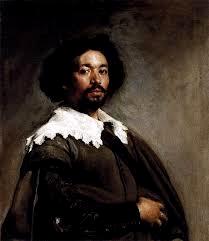
Picasso
Picasso was famous for injecting his personal feelings into his work. We are seeing someone through his eyes and,
at the same time, we are seeing Picasso by the way he presents his subject. For example, for his famous portrait of
Gertrude Stein, he was criticized for not depicting her as she was. He responded that he painted her as she would
become. And indeed she did grow into her portrait! At the beginning of his
relationship with Dora Maar, his lover is shown with brilliant colors,
"which joyously convey the radiance of her youth". Later, at the end of their relationship, her
anguished feelings leap out at the viewer in his painting, The Weeping Woman. Similar colors, but entirely different
expression by the artist of his subject.
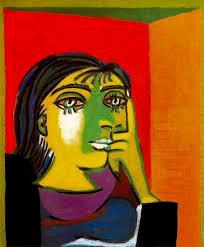 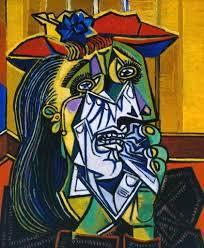 Toulouse
Lautrec
Toulouse Lautrec painted the
can-can dancer, Jane Avril, many times.
Lautrec wasn’t simply interested in her as a figure from the world of
dancers and prostitutes; he found in her noticeable eccentricity a
correspondence to his own physical defects.
Here, Jane Avril stares out at the world with confidence; her gaze
demands our attention As one
contemporary remembered, "She was proud. She didn’t know how to cry, nor
beg, nor apologise."
Otto Dix
Otto Dix, the 20th Century German painter, was so supremely self-confident
that he painted himself in the same pose as Durer's self portrait. Dix didn't
just emulate an Old Master, he depicted himself as an Old Master. When the Nazis came to power, Dix was labeled a degenerate artist and he
lost his teaching job. And when Nazi Germany collapsed, he was drafted, promptly
captured, and ended the war in a French POW camp. A later self portrait
as a broken old man shows him without a trace of arrogance.
Richard Avedon The photographer, Richard Avedon, claimed, "My portraits are more about
me than the people I photograph."
His beloved younger sister, Louise, died at an early age and, afterwards, his photographs of slim, dark haired women permeated much of his work. Including, Audrey Hepburn. She was Avedon's muse in the 1950s and 1960s;
the likeness and reference to his sister is readily apparent.
Arnold
Newman
Arnold Newman chose to photograph Marilyn Monroe just seven
months before her death, not as a glamorous Hollywood
star, but as a confused, intoxicated woman. "She was a very troubled woman,
and I knew it immediately.....She was pouring her heart out with all her
troubles to Carl (Sandburg) ....I start taking
pictures of her, and then she said she couldn't sleep... She couldn't sleep at
night."
Francis Bacon
Francis Bacon painted wounded and traumatized humanity. His
subjects were distorted, isolated souls imprisoned and tormented by existential
dilemmas. About his series of paintings called the "screaming popes," Bacon says, “I’ve always been very moved by
the movement of the mouth and the shape of the mouth and the teeth. People say
that these have all sorts of sexual implications . . . I’ve always hoped
in a sense to be able to paint the mouth like Monet painted a sunset.”
If you have read this far, then you are probably wondering why
and what I choose to portray. My vision
can be found in Street Photography around the World, an exhibition I am having with the photographer Arthur Lavine. I love taking candid photographs of people going about their
daily business, unaware they are being observed and preserved. I hope you will be able to see in my work gentle humor and my take on the human condition. Here is one of a dancer on a rehearsal break.
Please come to our exhibition!
|
Be the first to post a comment.
|
| 10/31/16
John Valois and I are having an exhibition in Balboa Park in November. It will feature paintings, digital photographs and digital compositions.
Because
light and color are two exciting and essential ways for visual artists
to express themselves, we decided to concentrate on summer and autumn.
For
many years I resisted using the color yellow in my art. Recently, I
concluded that my dislike for the color was irrational and decided to
concentrate on yellow. In this show, I've brought many images where
yellow is the dominant color, such as, Late Summer Meditation, shown below. Here, I have placed it next to a rich blue.
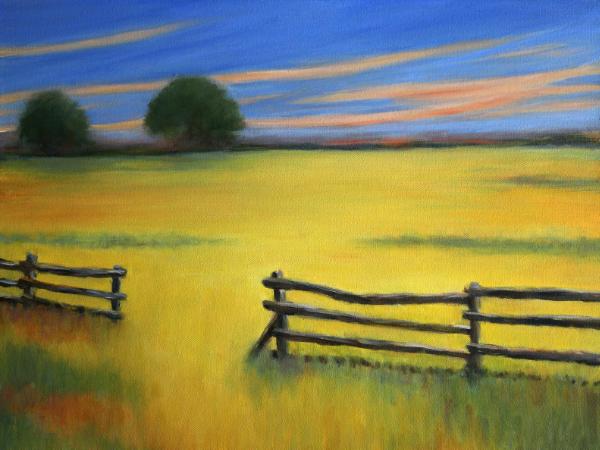 As many of you know, purple is the complement of yellow on the color wheel. I have used a shade of blue which is two steps removed from purple. According to Itten, whose book, The Elements of Color, is the sine qua non among colorists, choosing color harmonies where one color is matched to another that resides two steps away from its complement, are most pleasing to the eye. When you see this painting at the gallery, let me know whether you agree. Here are the details of the show. Please visit Balboa Park and stop in to see our work. If you cannot make it to the reception, the exhibition will be on view for almost two weeks.
Summer Light, Autumn Color
an exhibition by Dana Levine and John Valois
Gallery 21, Spanish Village, Balboa Park,
1770 Village Place, San Diego, CA 92101 Nov. 9th through Nov. 21, 2016
11 am - 4 pm daily
Reception: Sunday, No.v 13th from 1 - 3 pm I've also included a favorite image taken in St. Augustine, Florida, at one of the earliest settlements in the United States.
|
Be the first to post a comment.
|
Previously published:All 18 blog entries |

